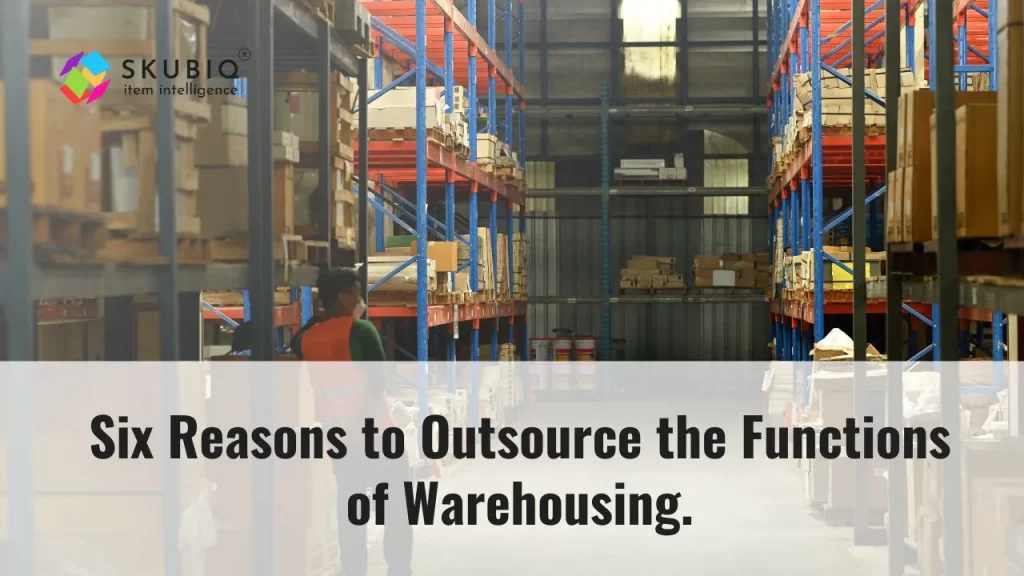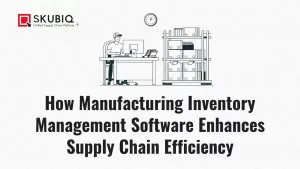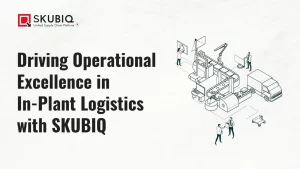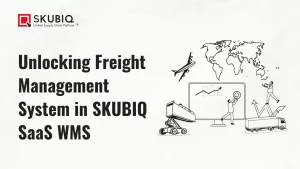In the complex landscape of modern business operations, companies are constantly seeking ways to streamline their processes and improve efficiency. One such strategy gaining traction is outsourcing the functions of warehousing. This article explores six compelling reasons why outsourcing warehousing functions can benefit businesses of all sizes.
1. Understanding Warehousing Functions
Before delving into the reasons for outsourcing warehousing functions, let’s first understand what these functions entail. Warehousing functions include inventory management, order fulfillment, storage, and distribution of goods.
2. Streamlined Supply Chain Optimization
Outsourcing warehousing functions allows companies to leverage the expertise of third-party logistics providers to streamline their supply chain. By entrusting warehousing tasks to specialists, businesses can focus on core competencies while ensuring efficient supply chain operations.
3. Efficient Logistics Management
Cost Reduction
Outsourcing warehousing functions can lead to cost savings by eliminating the need for companies to invest in their warehouse infrastructure, equipment, and personnel.
Access to Expertise
Third-party logistics providers bring expertise and specialized knowledge in logistics management, helping businesses optimize their operations and improve efficiency.
4. Achieving Objectives of Inventory Management
Inventory Optimization
Outsourcing warehousing functions enables businesses to optimize inventory levels, reduce carrying costs, and minimize stockouts, thereby achieving the objectives of inventory management.
Real-time Inventory Visibility
Third-party logistics providers offer advanced inventory management systems that provide real-time visibility into inventory levels, enabling businesses to make informed decisions.
5. Seamless Order Processing
Faster Order Fulfillment
Outsourcing warehousing functions can accelerate order processing and fulfillment, leading to shorter lead times and improved customer satisfaction.
Scalability
Third-party logistics providers offer scalable solutions that can accommodate fluctuations in order volume, ensuring seamless order processing during peak seasons.
6. Effective Reverse Logistics
Product Returns Management
Outsourcing warehousing functions includes managing reverse logistics processes such as product returns and exchanges, relieving businesses of this often complex and time-consuming task.
Customer Satisfaction
Efficient reverse logistics processes contribute to enhanced customer satisfaction by providing hassle-free returns and exchanges, ultimately fostering customer loyalty.
Enhanced Distribution Management
Geographical Reach: Third-party logistics providers often have a vast network of distribution centers, enabling businesses to reach customers in various geographic locations efficiently.
Optimized Transportation: Outsourcing warehousing functions can optimize transportation routes and modes, reducing transit times and shipping costs for businesses.
Conclusion
Outsourcing the functions of warehousing offers numerous benefits, including streamlined supply chain optimization, efficient logistics management, and effective inventory and order processing. By partnering with third-party logistics providers, businesses can enhance their distribution management and achieve greater efficiency and cost savings.
FAQs (Frequently Asked Questions)
1. Why should businesses outsource warehousing functions?
Outsourcing warehousing functions allows businesses to focus on core competencies, reduce costs, and leverage the expertise of third-party logistics providers to streamline supply chain operations.
2. What are the key benefits of outsourcing logistics management?
Outsourcing logistics management can lead to cost reduction, access to expertise, faster order fulfillment, scalability, and optimized transportation, ultimately improving efficiency and customer satisfaction.
3. How does outsourcing warehousing functions contribute to inventory management objectives?
Outsourcing warehousing functions enables businesses to optimize inventory levels, achieve real-time inventory visibility, and improve inventory management processes, leading to reduced carrying costs and minimized stockouts.
4. What role does reverse logistics play in outsourcing warehousing functions?
Outsourcing warehousing functions includes effective management of reverse logistics processes such as product returns and exchanges, contributing to enhanced customer satisfaction and loyalty.
5. How can businesses ensure a successful transition to outsourcing warehousing functions?
To ensure a successful transition, businesses should carefully evaluate potential third-party logistics providers, establish clear communication channels, and collaborate closely to align goals and expectations.



